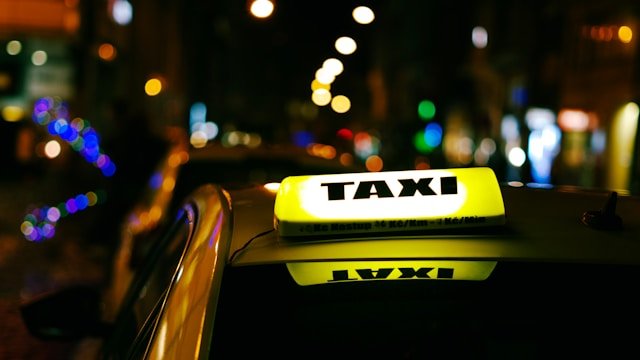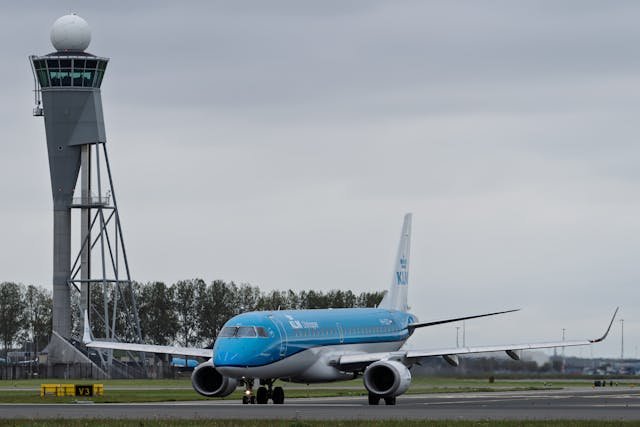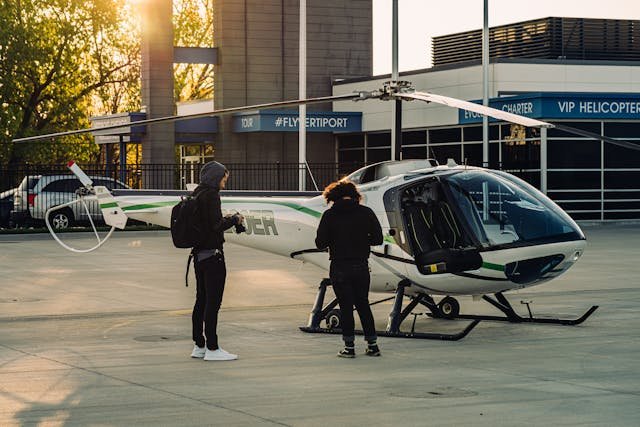
Rail delays, rising fares, and commuter frustration are driving more people to consider door-to-door travel
Across the UK, a quiet shift is taking place in how people move between cities. With train delays, cancellations, and rising ticket prices continuing to frustrate passengers, more travellers are exploring alternatives. Increasingly, that alternative is the long distance taxi, a private door-to-door service that promises comfort, reliability, and flexibility.
Falling reliability fuels frustration Rail punctuality across Great Britain has continued to decline according to recent performance data. In spring 2025, just over 86% of trains arrived within three minutes of their scheduled time, while around 3% were cancelled altogether. That amounts to more than 100,000 cancelled services over the year.
On busy commuter routes, the figures are even worse. Morning trains now run an average of two and a half minutes late, with roughly one in twenty cancelled completely. For business travellers, these disruptions translate into missed meetings, lost time, and added stress.
Despite the rollout of live punctuality displays at more than 1,700 stations, passenger confidence remains low. “It’s not just the delays, it’s the uncertainty,” said one commuter from Warrington. “You can’t plan your day around the train anymore.”
The cost comparison While trains are often assumed to be cheaper, the real-world costs tell a different story. A standard off-peak return ticket from Warrington to London typically ranges from £130 to £160, rising to over £200 during peak times.
A pre-booked long-distance taxi for the same route costs £220 to £250 for a direct door-to-door journey. For two or more passengers travelling together, the price difference is often minimal. When you include station parking, connecting taxis, or last-minute fare increases, the private choice can even become more economical.
Shorter journeys such as Warrington to Birmingham or Manchester Airport show an even smaller gap. Travellers who prioritise comfort, reliability, and control are increasingly willing to pay a little extra to avoid the chaos of disrupted train services.
Convenience and control Beyond cost, convenience is proving to be the biggest deciding factor. Long-distance taxis allow travellers to leave when they choose, travel directly, and arrive exactly where they need to be. For families, business professionals, or travellers catching flights, that flexibility can make all the difference.
Many industry operators have reported steady growth in bookings over the past year, suggesting this is more than a passing trend. For more insight into this growing shift in travel habits, readers can explore MTS’s blog article on why choose long distance taxi for business and leisure travel.
Will Warrington follow the trend?
With its strong commuter links to Manchester, Liverpool, and Birmingham, Warrington is well positioned to be part of this growing shift. If train reliability continues to falter, residents may increasingly choose private travel for longer journeys and airport transfers.
While trains are still vital for everyday commuting, the appeal of dependable, direct, and comfortable long-distance taxi travel is becoming harder to ignore. The way people move across the UK is changing, and Warrington may soon follow suit.



